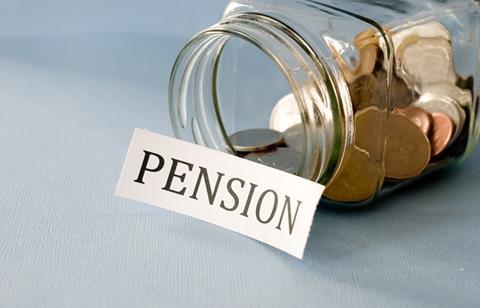
The Pensions Regulator (TPR) used its enforcement powers to deal with pensions auto-enrolment non-compliance 38,095 times between July and September 2018, compared to 43,700 times in the previous quarter, according to its latest compliance and enforcement quarterly bulletin.
The report, which provides information on the powers TPR has used, as well as on cases it has been involved in, also noted that 12,551 fixed penalty notices were issued between July and September 2018, which is an increase of 2.7% on the 12,220 fixed penalty notices that were issued last quarter.
Since TPR began recording its compliance and enforcement action in July 2012, a total of 68,102 fixed penalty notices were issued. These are fixed £400 fines issued to employers if they do not comply with statutory notices, or if there is sufficient evidence of a breach of law.
The report also found that 3,931 escalating penalty notices had been issued between July and September 2018, out of a total of 15,967 between July 2012 and September 2018. An escalating penalty notice is a daily fine between £50 and £10,000, depending on how many employees an organisation has, which is issued when an employer fails to comply with a statutory notice.
Between July and September 2018, 14,997 compliance notices, which target auto-enrolment non-compliance of employer duties, were issued; this is a 45% reduction on the 27,219 issued in the previous quarter. This creates a total of 138,145 compliance notices between July 2012 and September 2018.
A total of 6,413 unpaid contribution notices were issued in July to September 2018; these remedy a late or non-payment due to a qualifying pension scheme. From July 2012 to September 2018, 7,487 unpaid contribution notices were issued.
The report also confirmed that TPR used its powers to take action against trustees 33 times between July and September 2018 for failing to complete a scheme return on time. TPR used its information gathering powers 43 times between July and September 2018 and 170 trustees were appointed to run pension schemes to protect members' benefits.











